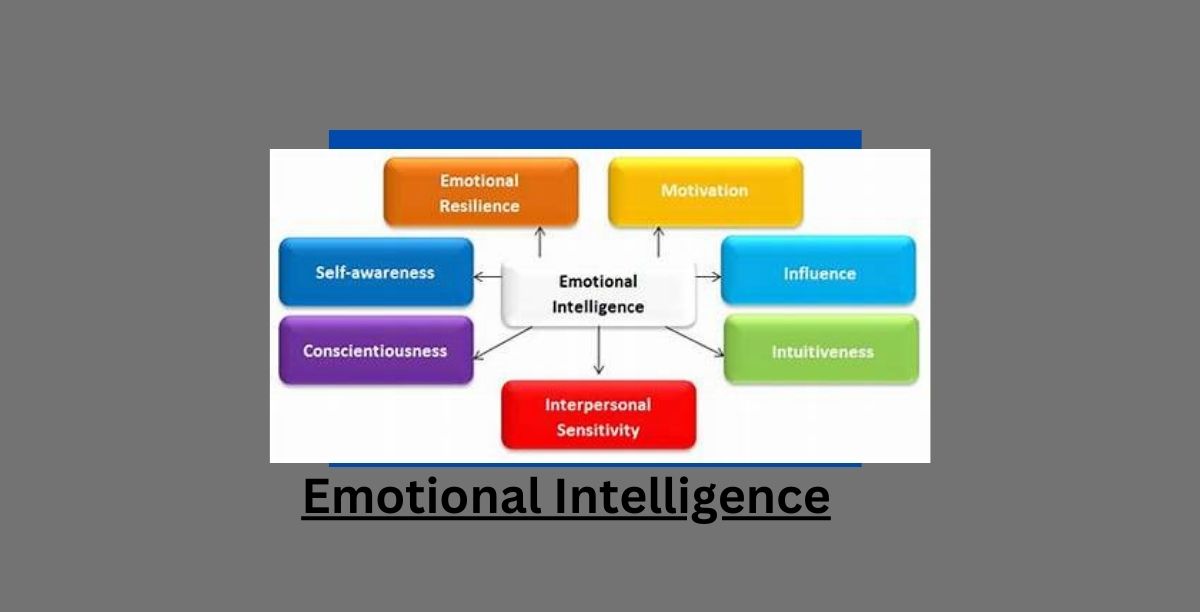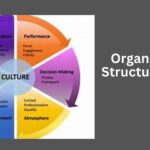People who are emotionally intelligent exhibit a variety of routines and actions that support their capacity to control their own emotions and empathize with others. You can build stronger interpersonal relationships and get more out of your interactions with others by incorporating some of these attributes into your own life.
Does anyone you know have a good sense of their own emotions, the ability to communicate emotions in a way that is appropriate, empathy, and understanding of others’ feelings? It’s likely the somebody is highlyemotionally intelligent.
Quick Overview
People who possess emotional intelligence are typically self-aware, sympathetic, expressive, and intuitive. They are adept at controlling their feelings and maintaining motivation while they pursue their objectives. They also possess excellent social skills and effectively communicate by drawing on their awareness of emotions.
Although some people are born with certain abilities, you may also develop your emotional intelligence.
Does Emotional Intelligence Exist?
Hundreds of years before the term emotional intelligence gained popularity, the philosopher Aristotle defined it. He declared:
“It’s easy for anyone to get irritated. But it’s difficult to be furious at the right person in the right way at the right moment for the right reason, at the right degree, and for the right reason.”
The quotation encapsulates emotional intelligence, a term that has gained popularity in psychology, education, and business. Emotional quotient, or EQ, is a term occasionally used to describe emotional intelligence.
Four Emotional Intelligence Skills
Characteristics of high emotional intelligence include:
The capacity to recognize feelings
The capacity to balance feelings and rationality
The capacity to comprehend feelings
The capacity for emotional regulation
Sensing emotions is the first thing on the list and is regarded as the foundational level of emotional intelligence. The final skill, which is considered to be the pinnacle of emotional intelligence, is controlling emotions. The capacity to control both your own and other people’s emotions is required for this.
Low emotional intelligence is characterized by insensitivity, ineffective coping mechanisms, emotional outbursts, and self-centeredness. It’s crucial to educate yourself on some of the essential characteristics of emotionally intelligent individuals if you wish to improve your own abilities:
1. Awareness of Oneself
Daniel Goleman, a psychologist and author, lists self-awareness as one of the essential elements of emotional intelligence. It takes awareness of one’s own moods, sentiments, and emotions to be considered self-aware.
Having an understanding of how your feelings and disposition affect other people is a component of being self-aware. An essential component of emotional intelligence is the capacity to keep an eye on one’s own emotional states.
2. Compassion
One more of Goleman’s key components of emotional intelligence is empathy.2. This requires the capacity to empathize with others’ feelings.
You must be able to understand other people’s emotions in order to communicate with them in a variety of contexts, including the workplace and educational setting. Understanding how a coworker is feeling will help you respond to them more effectively if you find out that they are angry or frustrated.
3. Self-Control
The foundation of emotional intelligence is self-regulation.3. While having an understanding of your emotions is wonderful, it is not really helpful if you do not apply this knowledge.
Before acting on their emotions, emotionally intelligent people consider their options. Although they are aware of their feelings, they do not allow them to control them.
4. Inspiration
People with emotional intelligence are driven to succeed. They have the ability to control their emotions and actions in order to succeed over the long haul.
They may be anxious to make changes in their lives, but they understand how critical it is to learn how to deal with this fear. They know that by taking a chance and changing, they could improve their lives and get closer to their objectives.
5. Interpersonal Skills
Emotionally intelligent people typically have good social skills. This is probably a result of their acute awareness of both their own and other people’s emotions.
They are committed to upholding positive social interactions and supporting the success of those around them, and they are skilled at dealing with people.
6. Articulation
Even if they are sensitive to their emotions and empaths, some people find it difficult to communicate their sentiments to others. In addition to understanding emotions, emotionally intelligent individuals also know when and how to express them.
What does it mean to act appropriately? Let’s say, for instance, that you just experienced an exceptionally bad day at work. You are worn out, irritated, and furious at how a crucial meeting transpired.
Sending a hurtful email to your supervisor or fighting with your spouse when you get home are examples of unacceptable ways to express your emotions.
Talking to your partner about your emotions, taking a jog to relieve some of the strain, and making a plan to improve the next day would be more suitable emotional reactions.
7. Observational skills
Let’s say that a coworker is causing you to become irate and annoyed. Examine your emotions and determine what is truly bothering you. Are you upset about what your coworker did, or is the source of your ire pressure and underlying issues from your supervisor making you take on too much work and responsibility?
People with emotional intelligence can assess a situation and accurately pinpoint the real cause of their emotions.
This may seem like a simple chore at first, but our emotional life can actually be chaotic and complex. It might be especially difficult to pinpoint the precise cause of your emotions when you are experiencing strong emotions like love or rage.
Ways to Develop Your Emotional Intelligence
You can acquire emotional intelligence, despite what the general public believes. Both adults and children can develop their EQ.
Consider your degree of self-awareness to begin. For example, are you conscious of your feelings? Do you know how your feelings affect the things you believe and do? Are you aware of the effects your actions have on those around you?
A good starting point for developing emotional intelligence is becoming conscious of our thoughts, feelings, and the impact of our actions on other people.
Conscientiousness
You can learn mindfulness practices to help you become more aware of your feelings and thoughts. For example, when you’re angry, you could utilize a deep breathing exercise to buy yourself some time, reconsider your approach, and respond with greater empathy rather than yelling at them.
Therapy using Cognitive Behavioral Models
Enhancing emotional intelligence is often associated with cognitive behavioral treatment, or CBT. CBT is a type of therapy where patients gain emotional control. You can learn healthy coping strategies from a therapist to manage challenging emotions and strengthen your bonds with others.
Programs for Social and Emotional Learning
Some schools use social and emotional learning programs (SEL) to teach students how to manage their emotions. Adults can also enroll in SEL programs. SEL supports individuals in achieving their goals, using empathy, enhancing communication skills, and strengthening their sense of self.
Tests of Emotional Intelligence
You can take online tests that use your responses to a series of questions to evaluate your emotional intelligence level.
The Harvard Division for Continuing Education. Four fantastic tools to help you assess your emotional intelligence.
Typically, the tests consist of multiple-choice questions that elicit your responses to hypothetical scenarios.
Do you, for example, confront the other person, shut down, or offer an apology in response to an argument? Do you wait until the last minute, defer to the opinion of others, or follow your instincts when making a big decision? These are a few examples of the kinds of EQ test questions.
But keep in mind that EQ is determined by more things than what an internet exam could measure. A test, though, might make you consider which emotional competencies you already possess and which ones you might want to work on.






